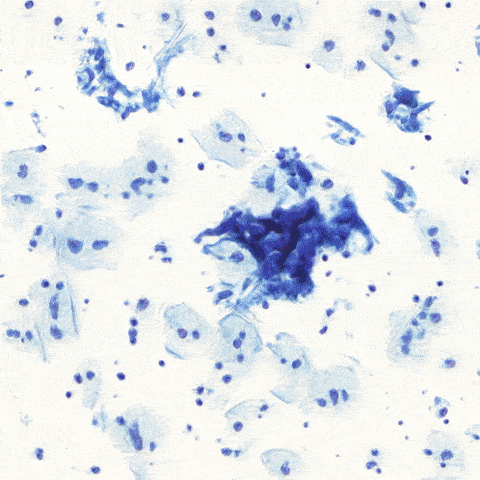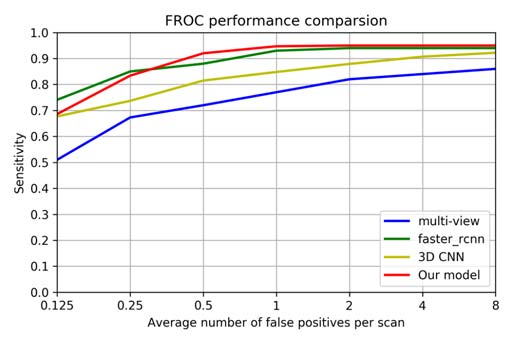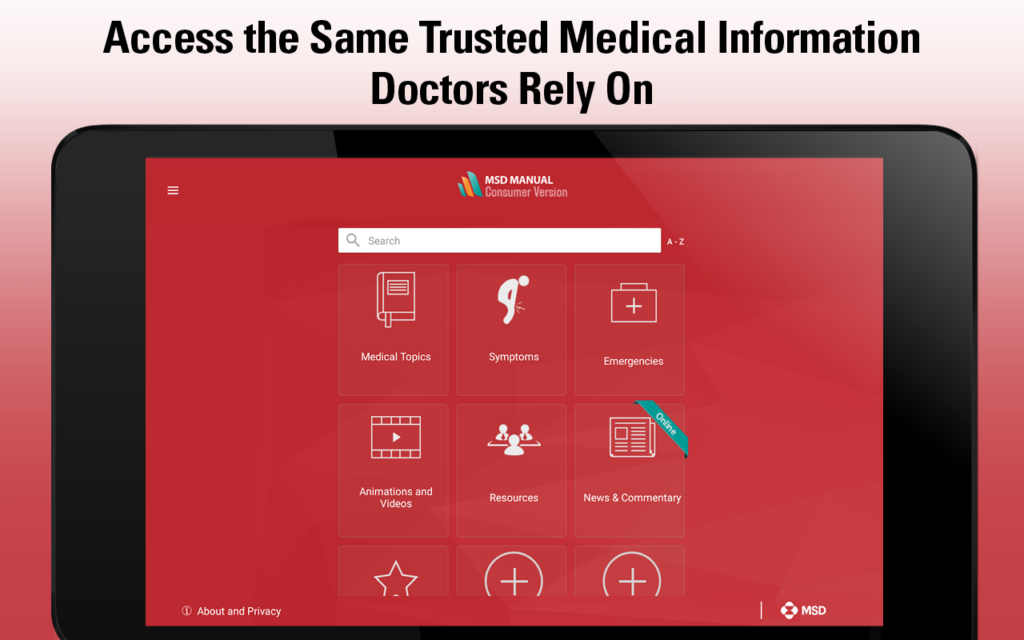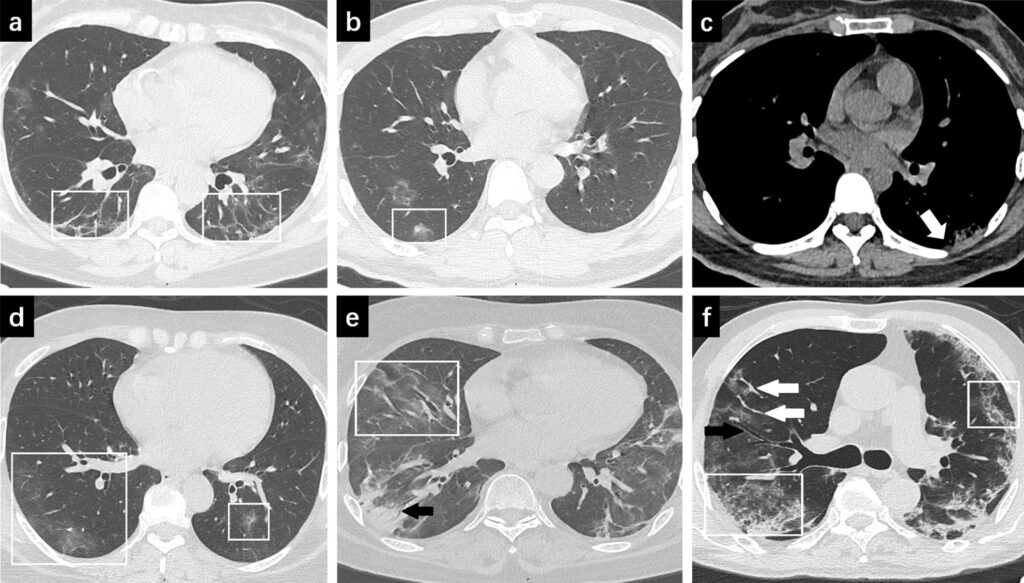GenoNova: The Rise and Fall of the Ark
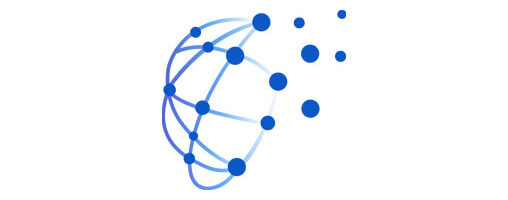
GenoNova, possessing unique products in implement of ML and NLP, faced the inevitable sinking. What went wrong?
In 2017, GenoNova, founded by a group of scientists from Georgia Institute of Technology and Stanford University, focused on implementing artificial intelligence in healthcare and investment. The leading scientist, Kungan Li developed his postdoc thesis paper on pulmonary lung cancer diagnosis screening. From this, he proposed a novel and efficient algorithm to build a computer-aided diagnoses (CAD) system for lung nodule detection based on Computer Tomography (CT). He saw the potential business opportunity and, along with his thesis paper contributors, founded GenoNova to commercialize this algorithm.
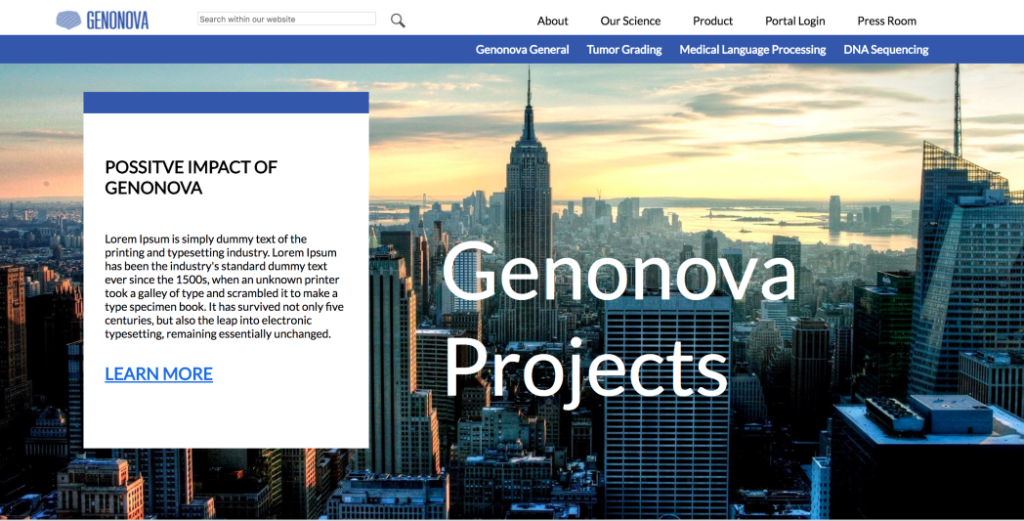
GenoNova was established in Beijing and New York, one for business and one for research. Their first mission was to polish the cancer screening algorithm and develop it into a product. At that time, only a few companies were focusing on using machine learning for cell screening. There were many problems in the screening, such as high false-positive rates, overdiagnosis, and radiation exposure. GenoNova adapted a lung nodule detector that was trained to automatically learn nodule features from still images to detect lung nodule candidates with both high recall and accuracy. Unlike previous work used 3-dimensional information around the nodule to reduce false positives, this product combined two simple but effective methods, multi-slice propagation (MSP) and motionless-guide suppression (MLGS), which analyze sequence information of CT scans to reduce false negatives and suppress false positives. After months of experiments, GenoNova had finally produced a solid product which is an efficient false positive reduction algorithm and extremely fast. The model performance was robust, ensuring the model practicability in real-world lung nodule detection. The model only generated 469 false positives, less than 1 false positives per scan, which goes beyond the clinical use standard.
With this product, GenoNova received a million investment from angel investors on July 1, 2017, followed by a series A investment on Sep 28. GenoNova had licensed this product to hospitals like Massachusetts General Hospital, Boston Children’s Hospital, Beijing Chaoyang Hospital, and Beijing Tiantan Hospital. GenoNova offered a subscription for hospitals to implement the cancer screening product for 3 years or 5 years. GenoNova kept researching, optimizing, and training the model.
While looking for potential clients, Li talked to the Dean of Ruijin Hospital, a renowned Level 3A hospital in Shanghai. He had a new insight that each day an average patient had to wait for at least 3 hours to see a doctor at the hospital. The outpatient department’s total number of patients received amounted to 10,000 per day. Yet 40% to 50% of them did not have to come – they had minor medical conditions that did not require special treatment or were hoping to get counseling about their medical concerns. By coming to the hospital, they further reduce the critical medical resource available to those who most needed it. After a long wait, the average consultation time was only 8 minutes. It was not the worst; however, a provincial level study showed that the average consultation at Level 3A hospitals was only 4.6 minutes.
At that time, the cancer screening product had faced a burden that only a few hospitals could use this product because of regulations and restrictions in the USA and China. GenoNova had to develop another product to raise another round of investment. After visiting Ruijin Hospital, Li had his initial thoughts about this online doctor system. He targeted two groups of people, those who visited hospitals unnecessarily. For those who shied away from healthcare institutions, the needs of these two groups of people were the same, a trusted, experienced doctor who would listen to them, give them sound advice, reassure them when needed, and detect potential health problems promptly.
GenoNova then launched the “Doctor Nova” online platform as a website and a mobile app. Using natural language processing, GenoNova built a dataset with collected medical records from cooperated hospitals, established a set of common medical responses and rare medical diagnoses, and connected with Merck Sharp & Dohm’s API for in-app search. Doctor Nova allowed users to search their symptoms, matching with current medical records, providing different results for users to read. If users need a further diagnosis, each doctor from cooperated hospitals was informed 10 minutes ahead if they were available. Once the user selects an available doctor, the doctor will have 60 seconds to respond to the user’s inquiries. The time frame for each consultation session was 15 minutes and could be extended if needed. Doctors were listed according to their specialties and searchable by symptoms users wanted to consult. Each doctor’s homepage showed their bio that displayed the medical education history, previous experience, etc. After a quick consultation for free, users can choose an extended consultation for a different price depending on how long they wish the session to be.
With these two products, GenoNova seemed to be in a good position to gain another round of investment. At least, this was what they thought. However, it might be because of the poorly performance of their income statement and the huge cost of R&D; after due diligence, investors often took back their interests and wished GenoNova good luck. The management team had also split in conflicts on where the company should go.
After a year of trying, GenoNova had to declare bankruptcy. Their two products had been acquired by Ali Health, who had also incepted some of GenoNova employees. The truth behind the sinking of GenoNova is not unique. It is universal that a company has the core technology but fails to implement it in the market and manage the company’s development.

Ali health has further developed the cancer cell screening in hospitals. At the first burst of the pandemic, the team had successfully adopted a Covid19 CT distinguishing screening model from the original one and helped early detection accuracy. “Doctor Nova” now has become an in-app feature in Alipay where user can search their symptoms and contact doctors more efficiently.
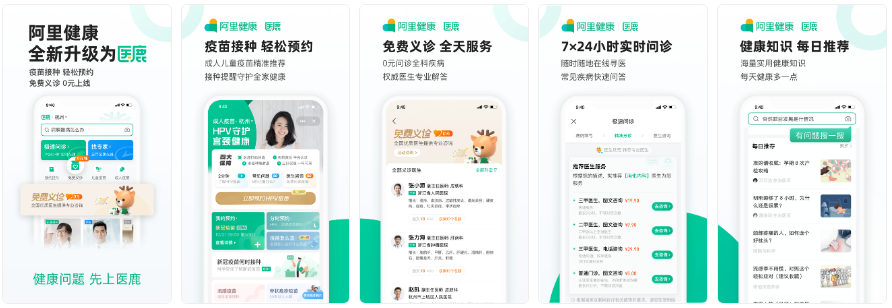
References:
- Healthcare Report Card: Companies That Failed To Meet Expectations In 2020, https://www.forbes.com/sites/robertpearl/2021/01/04/healthcare-report-card-companies-that-failed-to-meet-expectations-in-2020/?sh=5c51b246163e, 04/15/2022
- GenoNova, https://www.ventureradar.com/organisation/GenoNova/a84a8996-c35a-4ccd-b9ca-24267205ab9c, 04/15/2022
- AI Enables Doctors to Diagnose COVID-19 Infection in Seconds, https://medium.com/syncedreview/ai-enables-doctors-to-diagnose-covid-19-infection-in-seconds-64db82757f91, 04/15/2022


